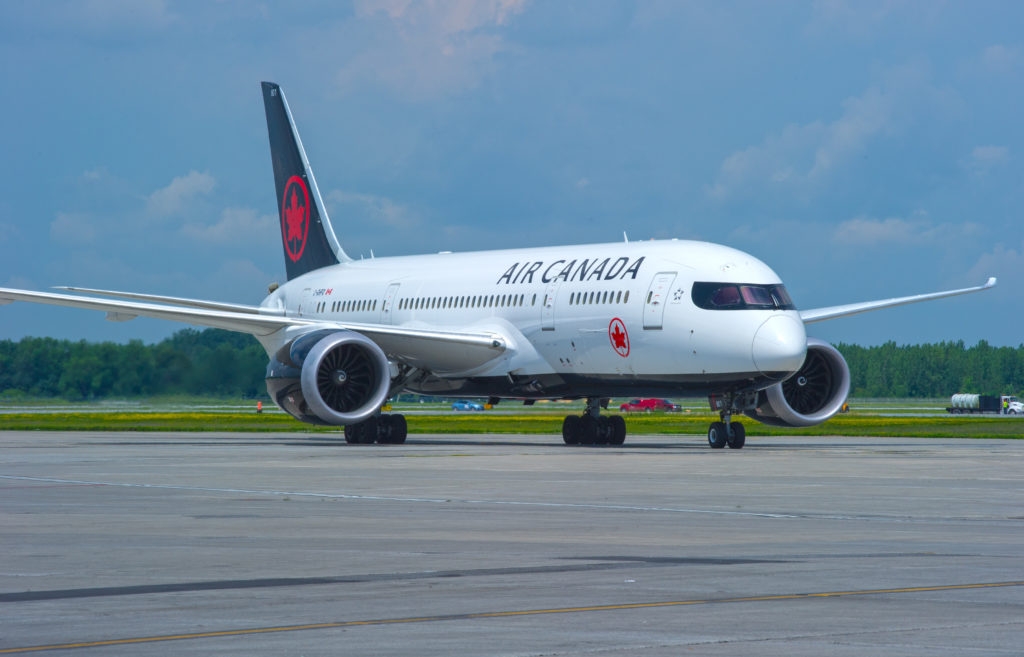
(TAN): Air Canada has issued a letter urging the Canadian government to consider a science-based approach to easing the Quarantine Act restrictions, which have been essentially unchanged since March, to strike a better balance for travellers and for the Canadian economy without adversely impacting public health, the airline said.
Air Canada is not proposing relaxing the US border restrictions right now — but only to replace the quarantine requirements for the countries with a low COVID-19 risk from a public health perspective with more proportionate, evidence-based measures and experiences from other countries.
[ALSO READ: Do travel bubbles make sense for India?]
Canada’s flag carrier pointed out that other G20 countries have implemented practical, evidence-based approaches to travel by minimizing the risk of COVID-19 exposure through a range of measures endorsed by medical professionals worldwide including:
- Determination of safe corridors or travel between approved jurisdictions with fewer cases on the basis of low risk from a public health perspective (an approach adopted in the UK, France, Germany, Switzerland, Spain, Portugal among others).
- Requirement for a pre-departure, medically certified negative COVID-19 test in order to enter the country (Caribbean islands).
- Waiver of quarantine requirements following a negative test on arrival (Iceland, Austria, Luxembourg).
- Mandatory testing on arrival (South Korea, Hong Kong, Macao, UAE).
[ALSO READ: Erdogan’s Turkey Turns Hagia Sophia Into A Mosque Again; UNESCO Regrets]
Air Canada in May introduced a comprehensive program, Air Canada CleanCare+, to apply industry leading biosafety measures at each stage of the journey.
Air Canada has recently undertaken several medical collaborations to further advance biosafety across its business, including with Cleveland Clinic Canada for medical advisory services, Ottawa-based Spartan Bioscience to explore portable COVID-19 testing technology and, since 2019, with Toronto-based BlueDot for real-time infectious disease global monitoring.




